|
Dear Friends of Healing a Woman's Soul, Inc., These last few months have been different and difficult times for so many in our country. Workers, seniors, children, businesses, and especially victims of domestic violence have struggled. Although some of our in-person programs have been postponed, our volunteers and board members continue to support individual victims and shelters in the Greater Capitol Region. Below, see some of the things we were able to do through the support and donations of people like you. And after you read these short stories, visit our website and donate to help our mission of ending Domestic Violence, one Woman at a time. What we have been doing
Coronavirus and violence at home "In this corona era, many local communities are reporting up to a 50% decrease in 911 calls in general but a 20% increase in domestic violence calls. There is no surprise here. When we first heard the news of orders to shelter in place, many of us immediately thought about what that would mean for women and children who are battered or sexually abused in their homes. Basically it meant being locked up with one’s abuser, having limited access to help from the outside, and limited opportunity to escape." ~ Shelter worker Look on the Healing a Woman's Soul website for resources and emergency hotline numbers.  Did you know there are children in shelters? One generous donor filled two car loads with toys and educational materials for children in the shelters. Local shelters have said that with children in school remotely, there are needs for them to be able to work on their classes while they are in shelters. Computers, School supplies and desks are in demand. We have been looking for donations to assist them with these needs.  Your Donations Matter Your donations allow us to continue assisting women and children. See the HAWS donate page to choose how you can make a gift. Thank you for your partnership and financial support. May God Bless you in these uncertain times. 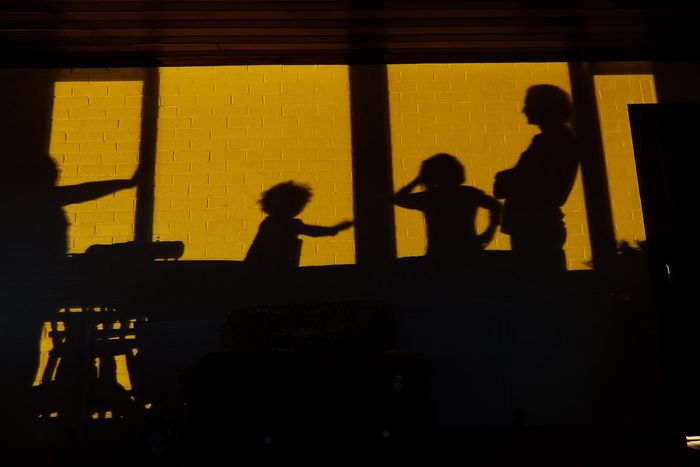 Photo: Nicholas Nelson/EyeEm/Getty Images As told to Irin Carmon Crystal is 27 years old and one of the many people globally for whom staying at home during the pandemic didn’t automatically mean safety. She considers herself lucky, though, that she escaped her abusive partner and the father of her three children just a few weeks before the coronavirus shutdowns, and has been living in shelters ever since. Since the beginning of the pandemic, advocates have worried about a drop-off in reports to hotlines and to the police, which could mean those in abusive situations don’t feel safe to even call for help — or that they think a shelter could be worse, given the risk of the virus. Meanwhile, people like Crystal, who did get out in time to rebuild their lives, face a devastated job market, closed government agencies, and homeschooling without access to their prior support networks. Click here for more 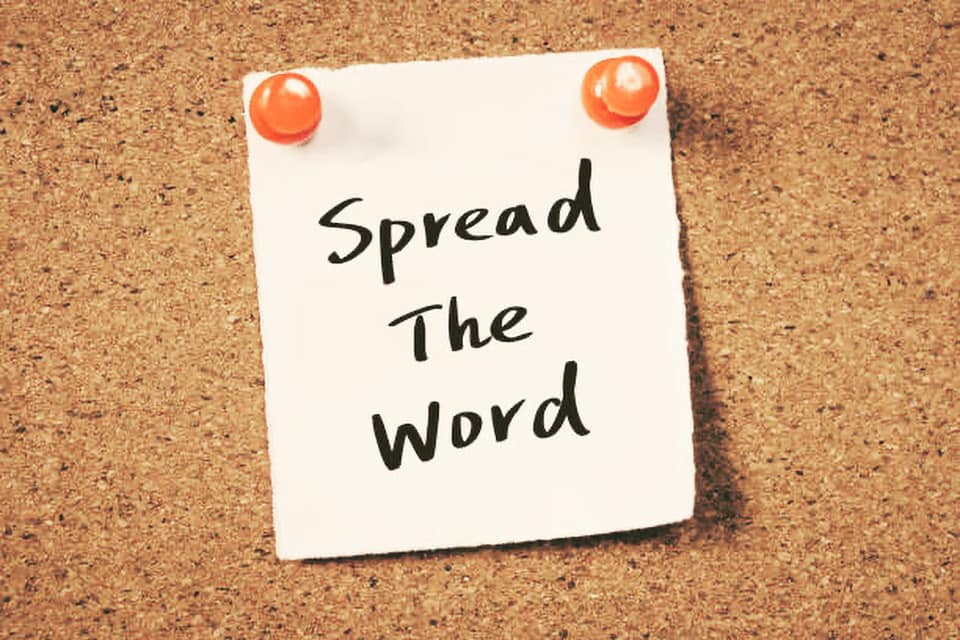 Over the past two months, The Legal Project has been offering our Legal Clinic Program virtually, through ZOOM video conferencing – with much success. By offering our Legal Clinic Program virtually, we can reach more of the community, especially those living in rural areas and our disabled and senior population. As a result of offering legal clinics virtually, participation has increased 20%, which means that there have been less no shows. This is due to the flexibility that our Zoom video conferencing account offers: these clinics are available to those who have the technology (computer/laptop, iPad, smart phone) and internet as well as those who prefer to participate by telephone conferencing using the traditional land line telephone. Though, we are uncertain how long we would be offering the legal clinics virtually before we are able to safely return to our clinic sites, i.e.: Albany Housing Authority, Albany, Castleton, Troy, and East Greenbush Public Libraries, Ballston Spa and Mechanicville Community Centers, HATAS, Stratton VA, YWCA of NENY, and various law firms; The Legal Project is committed to offer pro-bono legal advice to our community. I would like to ask for your help in getting the word out that we have launched our Virtual Legal Clinic Program and to please refer those who need our assistance to The Legal Project. If it makes it easier, I have attached our program flyer, and this can be posted to your social media site (if you have one). At the very least, the attached flyer provides information on how you can refer someone to this program. Thank you for helping to spread the word, your assistance and support are very much appreciated! Click here to read more  DEAR ABBY: Is my daughter headed into an abusive, controlling relationship, or am I imagining the signs because of my own experience with domestic abuse for many years? She is 18 and, of course, parents are "idiots" who don't understand anything. The young man tries to control where she is, won't let her go anywhere without him, and suspiciously questions her if he thinks she spent too much of her own money. To me, these are signs of the beginning of years of hell, but to her, they're cute because he "cares," or I don't understand him. Am I being unfair because of my own past? Click here for more Domestic Violence Calls during social-distancing are increasing, according to local law enforcement officers.
With Isolation, abuse activists fear an ‘explosive cocktail’ “Safer at Home.” It’s a slogan of choice for the mandatory confinement measures aimed at curbing the spread of the coronavirus. But it’s not true for everyone. s the world’s families hunker down, there’s another danger, less obvious but just as insidious, that worries advocates and officials: a potential spike in domestic violence as victims spend day and night trapped at home with their abusers, with tensions rising, nowhere to escape, limited or no access to friends or relatives — and no idea when it will end… n cities and towns everywhere, concern is high, and meaningful numbers are hard to come by. In some cases, officials worry about a spike in calls, and in others, about a drop in calls, which might indicate that victims cannot find a safe way to reach out for help. On a normal day, 1,800 to 2,000 people will call that national hotline. That number hasn’t changed, but that doesn’t surprise organizers. After natural disasters like earthquakes, Justice says, it’s only when schools and workplaces reopen that people are finally able to reach out. More significant, she says, is that more than 700 people who called the hotline between last Wednesday and Sunday cited the coronavirus as “a condition of their experience.” Some of the out-of-the-ordinary anecdotes staffers are hearing include abusers preventing their partners from going to their jobs in health care, or blocking them from needed health care services or from accessing safety tools like gloves or sanitizer. Click here for the rest of this article. If you need help, see our resources page for local and national hotline numbers. Check out the helpful links here Become aware of your breath.
Breathe in. Breathe out. Breathe in. Breathe out. Bring your breathing under control. It’s hard. We’re in uncertain times, uncharted waters. Our breaths might be short, panicked. We may have forgotten to breathe all together. Breathe in. Breathe out. Breathe in. Breathe out. Slowly, read Psalm 46:11: “Be still and know that I am God!” God is speaking to you. How do you respond? Be still and know that I am God. God of all people, my faith is tested during this time of pandemic. Your houses of prayer and worship stand empty: Can we gather together without contracting disease? Can the most vulnerable members of our human family — the elderly, the sick — come to pray without fear? The answer to these questions, it seems, is no. Be still and know that I am. God, I know that you are here, even if I sit alone in my home. Just as you appeared to Moses in the burning bush, you appear to us now, in surprising, unsettling ways. I may not find you where I expect you — my community, the Mass, the Eucharist — but give me eyes to find you in new places: livestreams, Facetime and quiet solitude. Be still and know. God of the sick, God of the vulnerable, give me clarity to see through the noise and clutter. Grant me serenity that I may have a level head with which to weigh the information I am given. Sustain me with fortitude that I may have the courage to learn all I need to know about this disease that plagues our world. I do not want to give in to fear, panic, hysteria. But I do want to make good decisions, for myself, my community and my world. Help me to do so. Be still. I know that I have to change my daily life, my daily routine. I know that I can no longer come and go as I wish. In this Lenten season, remind me of the spiritual significance of fasting: setting things aside to make room for you, God, and for the common good. Give me a spirit of fasting as I confront this disease. May I see these moments of stillness — moments that I am not out at bars, restaurants, events and activities — as opportunities to encounter you. And as my small yet important contribution to the common good of our world. Be. I feel as though there is so little I can do to bring about an end to this crisis. Grant me the wisdom to simply be, to sit, to rest, to watch and to trust that your hand is at work, guiding and protecting medical professionals, scientists, first responders and government officials, as well as my neighbors, particularly those who are most vulnerable. Breathe in. Breathe out. Breathe in. Breathe out. Amen. Posted from Eric ClaytonEric Clayton is a senior communications manager at the Jesuit Conference. A Message from Healing a Woman’s Soul:
In light of the ongoing Coronavirus pandemic and following the CDC call for Social Distancing over the critical next few weeks, we have determined that the best option as of today is to cancel the Finding Our Lost Loved Self workshop. This theme will be used for our Fall Retreat event (Sept. 11-12), for which we will have registration details available very soon. Thank you, and we look forward to seeing you safe and healthy very soon. Just because a person (man or woman) doesn’t grab you nor hit you doesn’t mean they aren’t abusive. Abuse is also:
– When they put you down or humiliate you in front of others. – When they call you a bitch, whore, or cunt. – When they accuse you of being “too sensitive” or “too emotional.” – When they insist on checking your phone to see who texts and calls you. – When they decide where you can and can’t go, who you can and can’t see. – When they try to isolate you from family and friends. – When they don’t believe you and accuse you of wrongdoing. – When they blame you for their problems or life difficulties. – When they don’t even care whether you cry yourself to sleep because of something they did. Don’t tolerate emotional abuse thinking it’s OK because it’s not physical. Don’t be the person who loves them enough to stay. Be the person who loves themselves enough to leave. Written by Arthur Ruiz. See more by visiting his blog. 1 Peter 3 is a tricky passage. It’s often been twisted to pressure abused women to stay with their husbands as a sign of submission. But this passage is not meant to subject women to fear or violence. Rather, the passage is supposed to encourage primary loyalty to Christ, not to husbands.
So, what should you say when someone tries to use 1 Peter 3 to suggest that wives should endure abuse to win over husbands? The Purpose of 1 Peter The situation of 1 Peter is a crisis—the persecution of the church (1 Pet 4:12). Slander and suffering are major themes in this letter. 1 Peter also teaches that Jesus is in authority over all things. Suffering can have dignity because the all-powerful Christ suffered on the cross and rose. However, human suffering doesn’t accomplish redemption. Only Jesus’ suffering can do that. In the same way, submit yourselves to your own husbands (3:1) Reading passages about women in isolation often leads to confusion. Verbal clues like “in the same way” point us back to another part of the argument. This helps to understand the reasoning and context. 1 Peter 2 is a long discussion of suffering and submission in persecution. The author tells these persecuted Christians to submit to human authorities to “silence ignorant talk” (2:15). In Greek, the verb “to submit” in 2:13 is then referred to by three participial phrases: “slaves submitting to your masters” (2:18), “likewise wives submitting to your own husbands” (3:1), and “likewise husbands living with your wives…assigning honor to them as a weaker vessel” (3:7). These are instructions to persecuted Christians to keep them safe and make the gospel look good. The goals are the same for all three groups, tailored to their social position. So that if any do not believe (3:1) The reason for the command to submit is so unbelievers can be “won over” to the faith. This is consistent with the rest of the letter. These Christians are to live with normal, proper social behavior, and submit to human authorities (2:13). This will attract people to the gospel and silence those who slander them. This isn’t because all authority is just. It’s for the sake of the persecuted church. Being able to identify with Christ’s suffering is a comfort but suffering itself isn’t inherently good. Read more |
Categories
All
Archives
February 2023
|
|
Healing a Woman’s Soul, Inc. (HAWS), a Christian Ministry to help heal women who are victims of domestic violence, is dedicated to fighting domestic violence – one person and one parish at a time. We believe that no wounding is beyond God’s power to heal. Our job is to make God’s healing available to all who hurt.
|
|

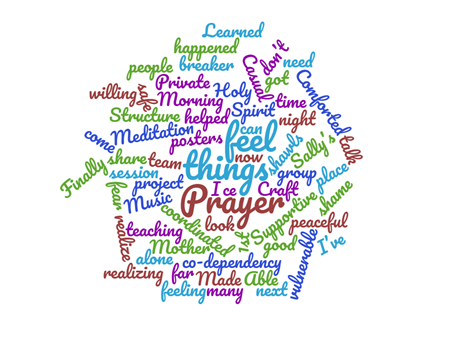
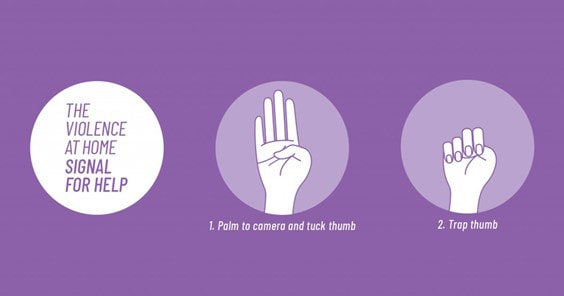
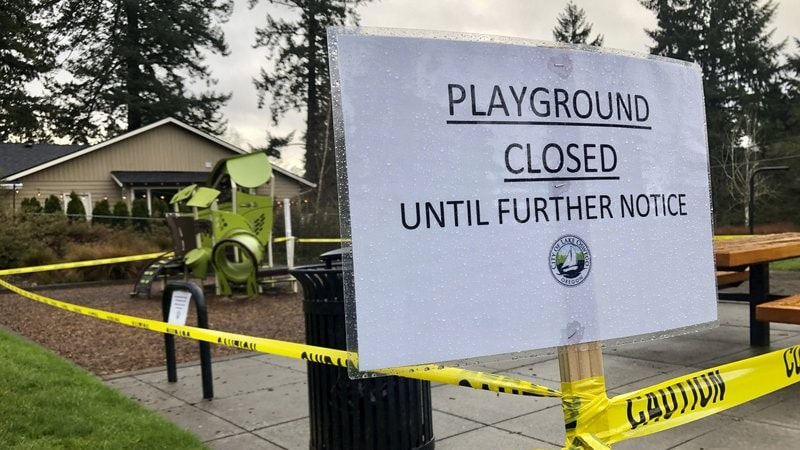
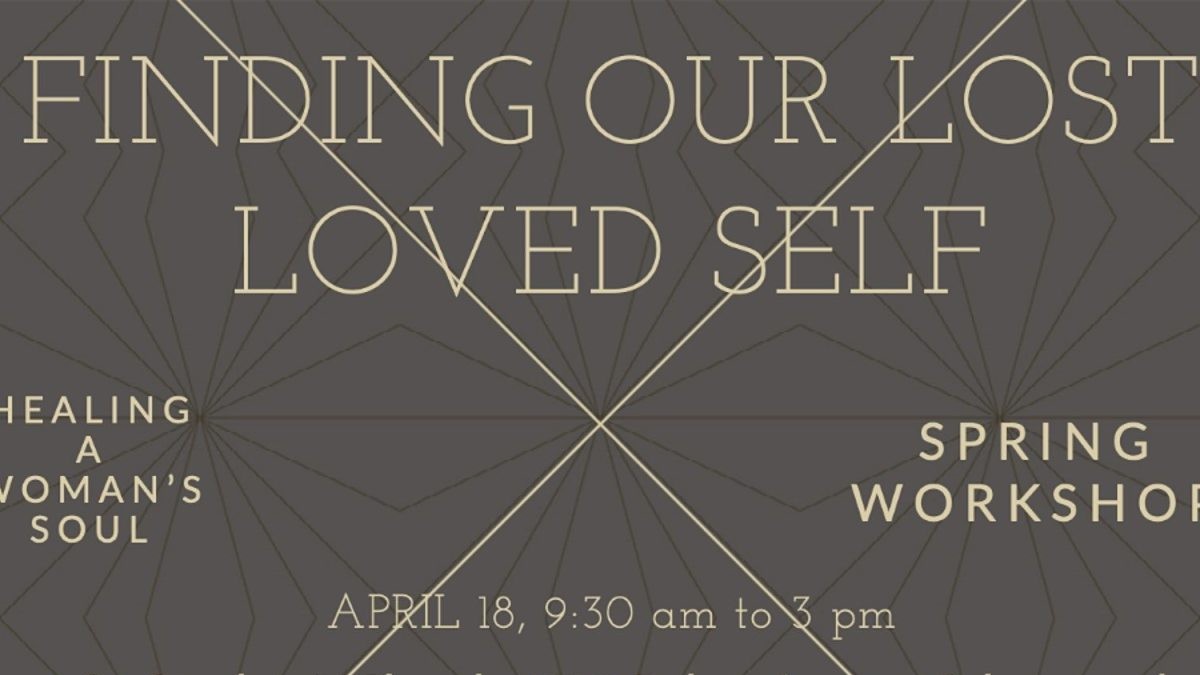


 RSS Feed
RSS Feed